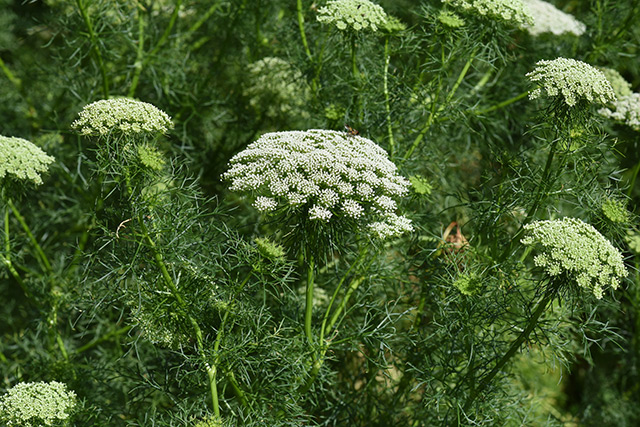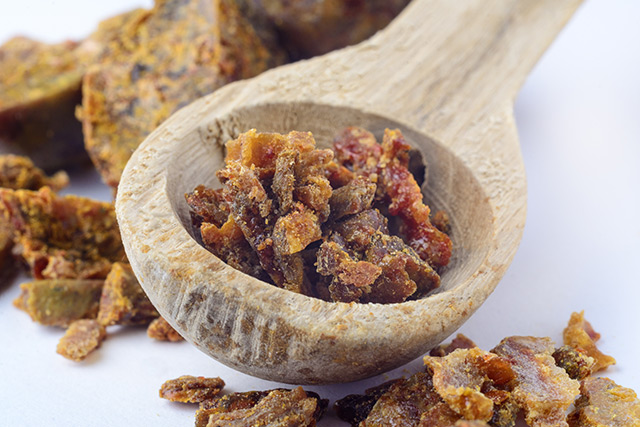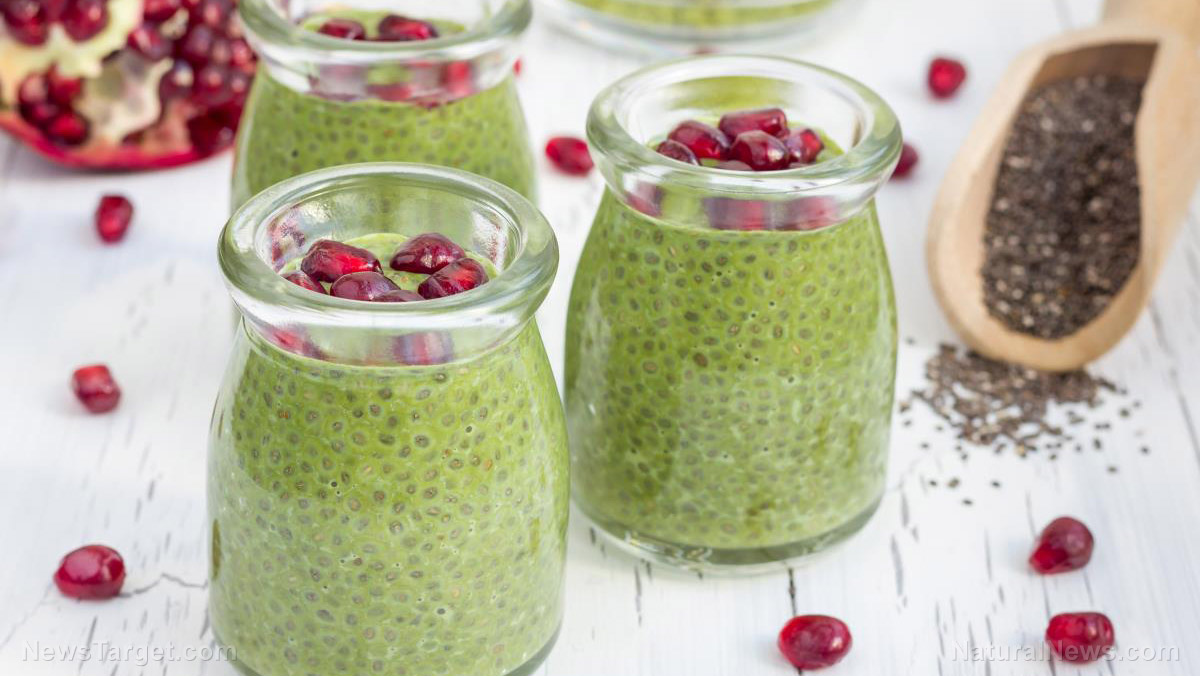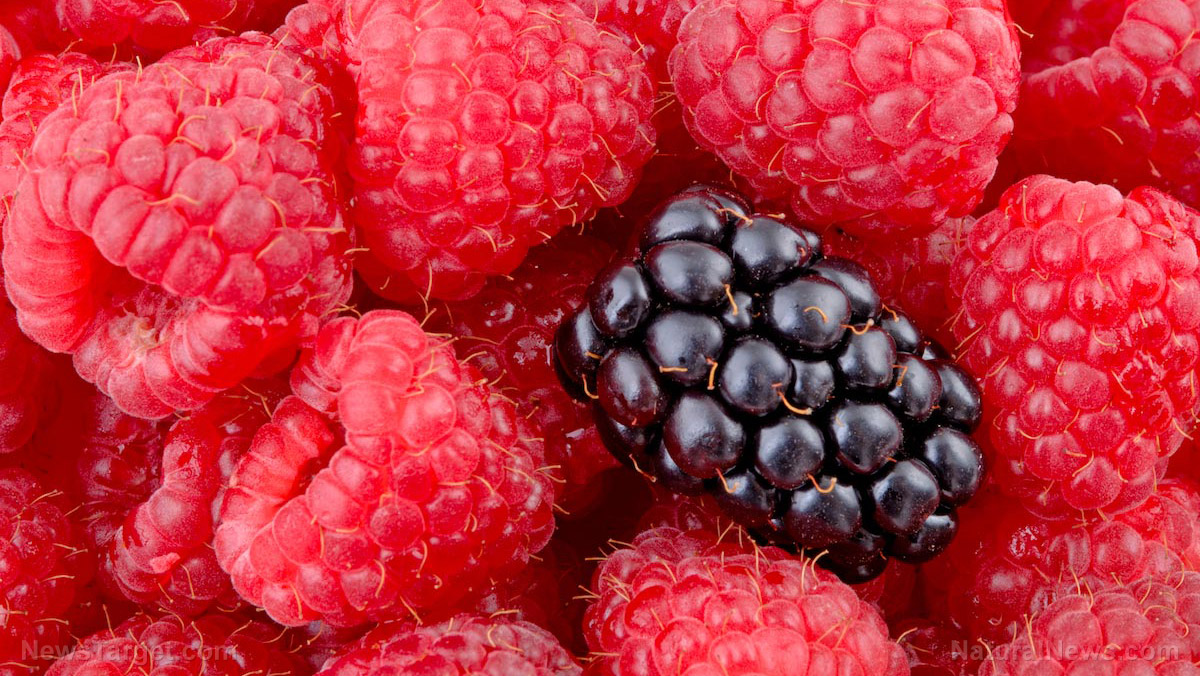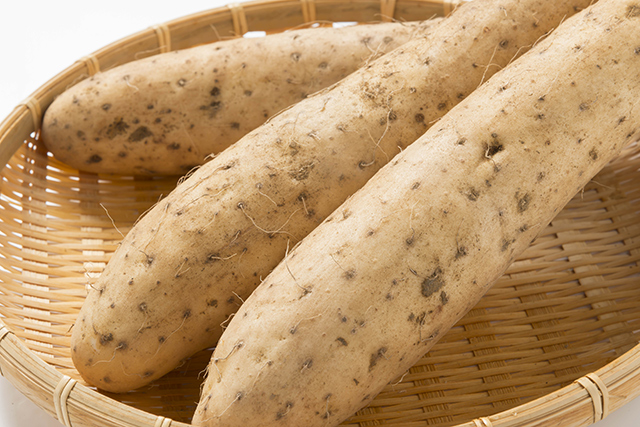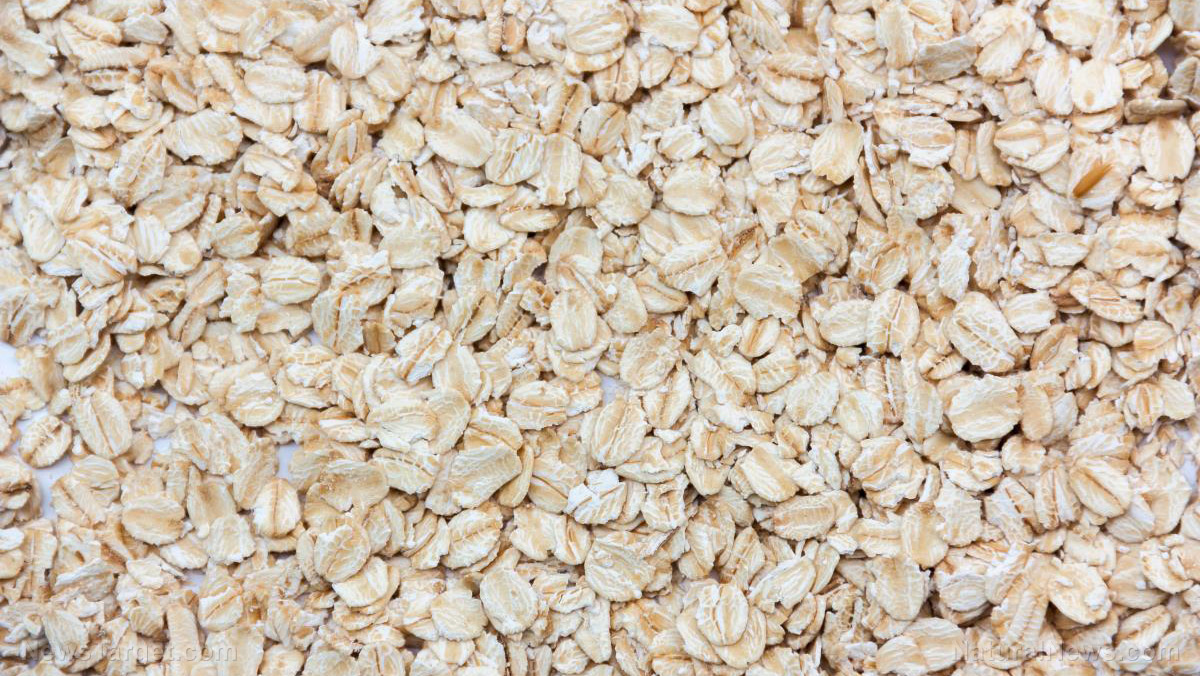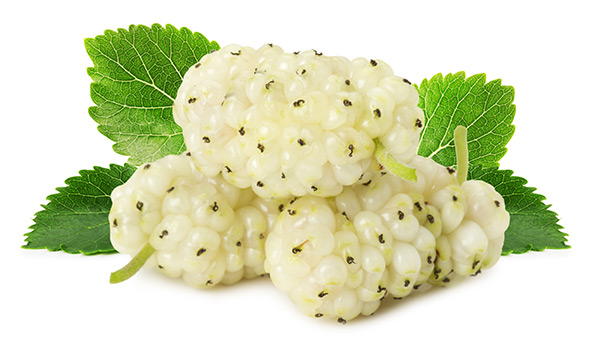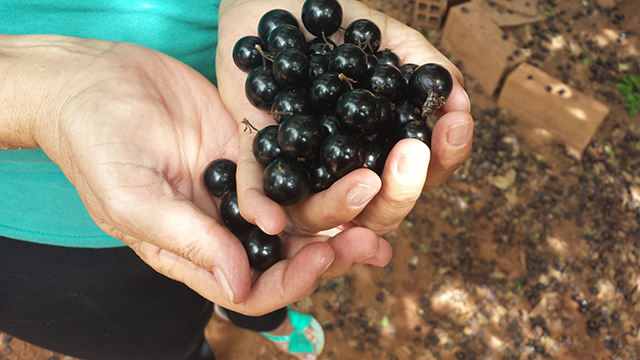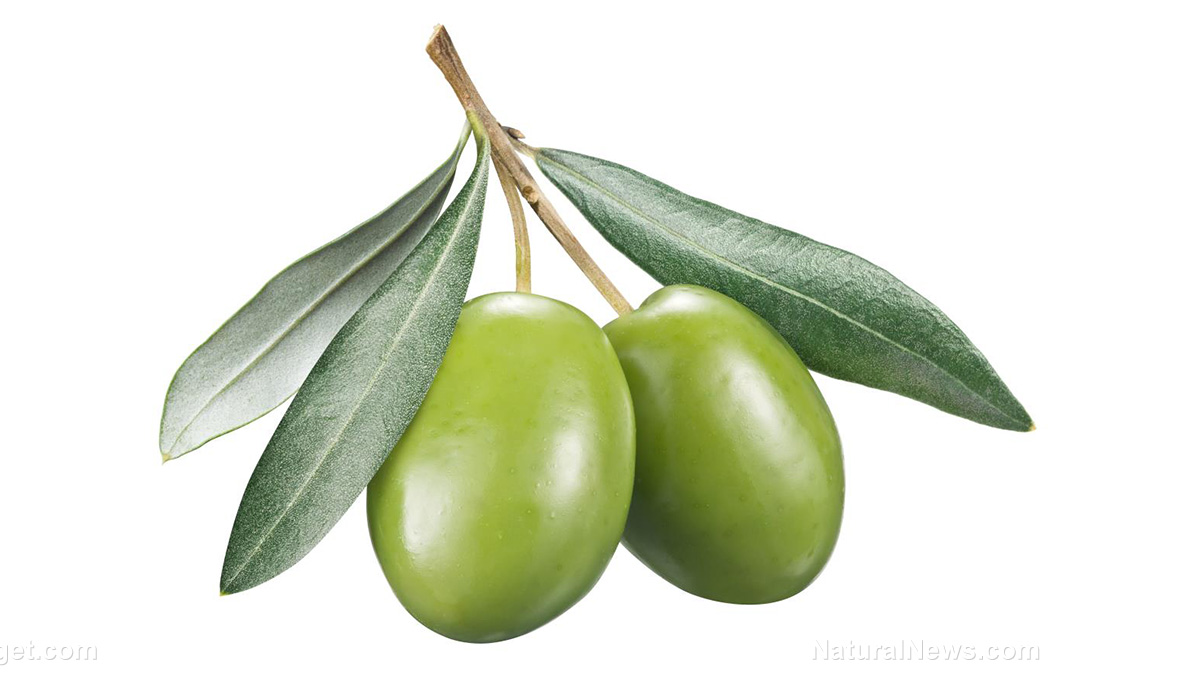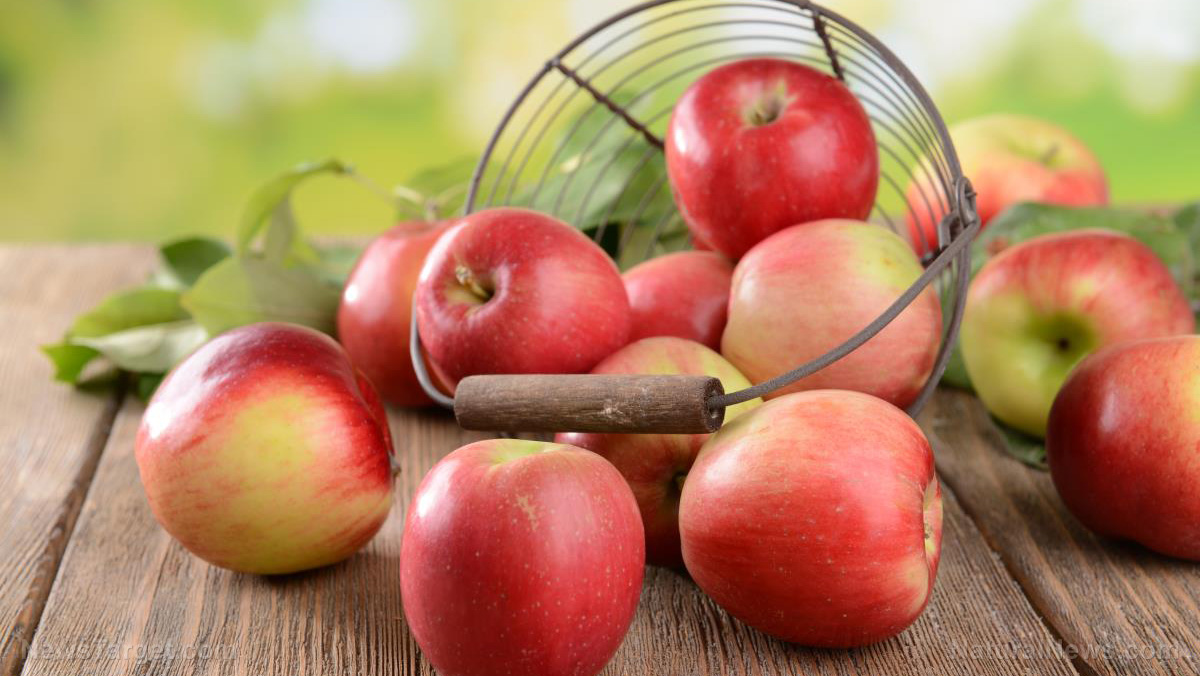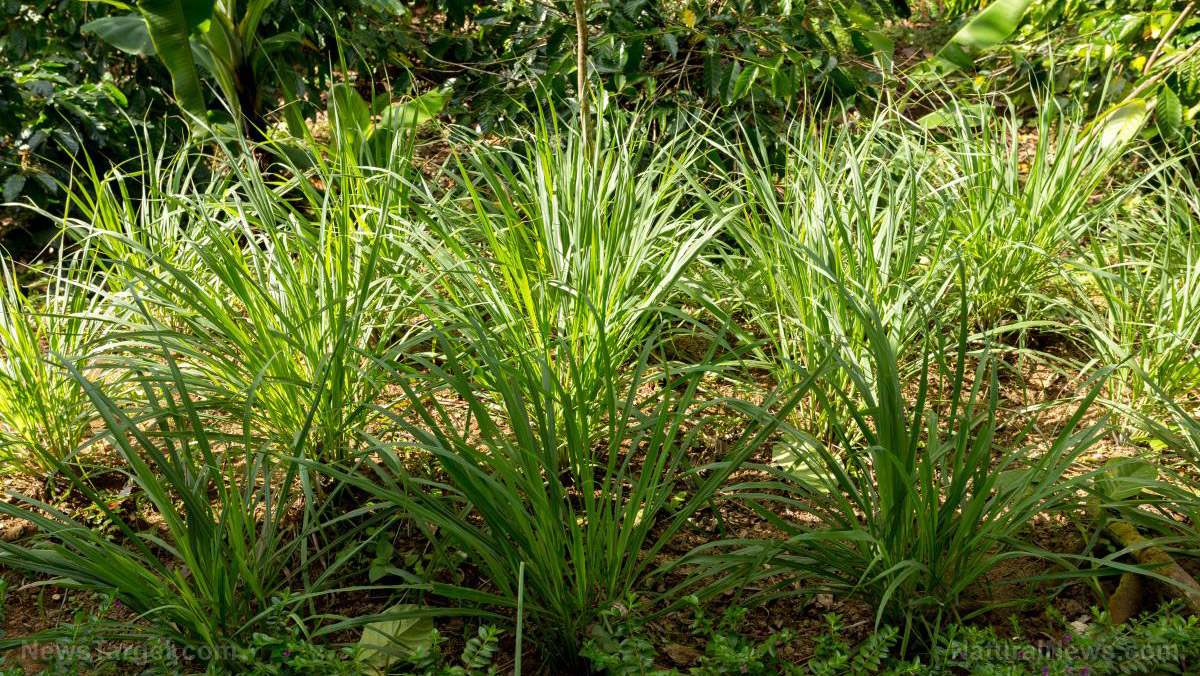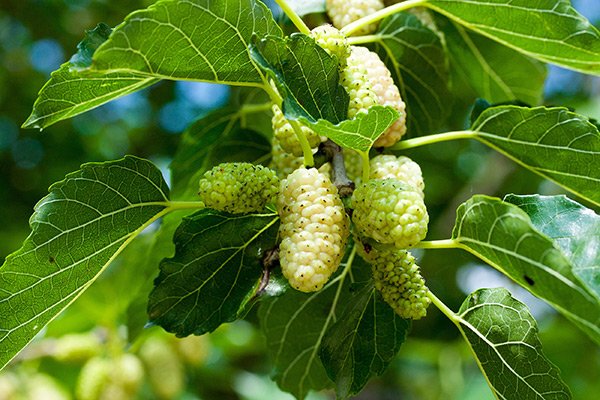Can this summer lawn weed help protect you from cervical cancer? Researchers say YES
06/23/2020 / By Evangelyn Rodriguez
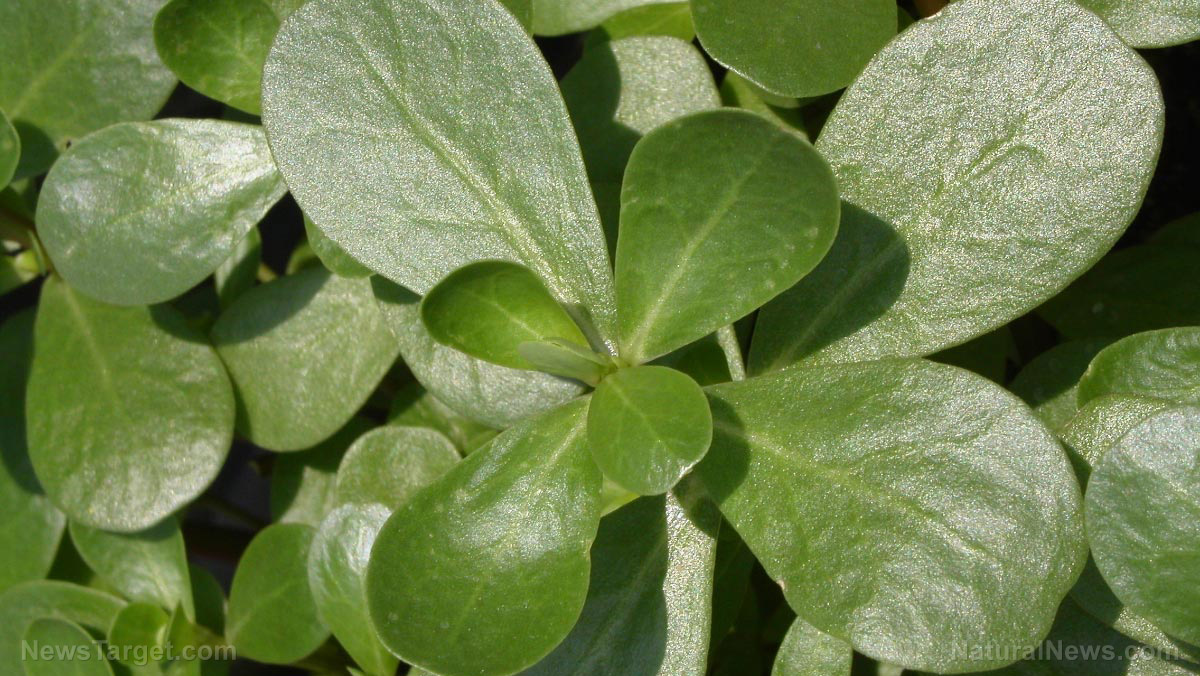
Purslane (Portulaca oleracea) is a common garden weed that’s consumed as a vegetable because of its high nutrient content. In Traditional Chinese Medicine (TCM), purslane is used to remove toxic heat and substances from the body. It is also used to treat dysentery, eczema, hemorrhoidal bleeding and abnormal uterine bleeding. In a recent study, researchers at Heilongjiang August First Land Reclamation University and Daqing Oilfield Hospital in China found that purslane is also effective against cervical cancer. Specifically, a polysaccharide (carbohydrate) in purslane can inhibit the death of dendritic cells, which are important immune cells for stopping the growth of tumors.
The researchers reported their findings in an article published in the journal BMC Complementary and Alternative Medicine.
The mechanism behind the anti-tumor effects of purslane
According to previous studies, a purslane component known as POL-P3b exerts anti-cancer effects by enhancing immune response to tumor antigens when taken orally. This immune response is mediated by the interaction between antigen-presenting cells (APC), T cells and B cells.
Dendritic cells (DC) are some of the most powerful APCs in the body. These cells work by absorbing, processing and presenting antigens for recognition by other immune cells. Mature DCs are said to activate white blood cells called T cells, which are responsible for initiating, regulating and maintaining immune response, including anti-tumor immunity. DCs also play an important role as part of the intestinal immune system.
Tumor cells are capable of modifying their surface antigens and changing their microenvironment in order to influence the function of immune cells. By causing functional defects or triggering apoptosis (programmed cell death) in DCs, tumor cells avoid recognition and escape immune system surveillance. This is why the number of DCs can determine how favorable the prognosis is for cancer patients.
To investigate the mechanism behind POL-P3b’s anti-cancer activity, the researchers first isolated intestinal dendritic cells from tumor-bearing mice treated with 50?mg/kg, 100?mg/kg and 200?mg/kg POL-P3b. They then evaluated the effects of POL-P3b on the proliferation and apoptosis of DC and looked at the expression levels of cancer- and apoptosis-related proteins.
The researchers found that in the untreated mice, a large number of intestinal DCs were undergoing apoptosis. Treatment with different doses of POL-P3b for 12 days significantly improved the survival of intestinal DCs. (Related: 5 foods and spices to keep your immune system strong when fighting cancer.)
The researchers also found that POL-P3b protects against tumor-induced apoptosis by activating the TLR4/PI3K/AKT-NF-kB signaling pathway, which increased the expression of Bcl-2. Bcl-2 is a regulator of cell death and is known to inhibit apoptosis by inactivating pro-apoptotic proteins.
POL-P3b also prevented the release of cytochrome c from the mitochondria, which activates the caspase cascade that commits a cell to the death process. Additionally, it reduced the expression of caspase 3, a crucial mediator of apoptosis.
Based on these findings, the researchers concluded that purslane’s polysaccharide is an effective anti-cancer agent that enhances anti-tumor immunity by preventing the death of dendritic cells.
Treating cervical cancer with natural alternatives
Cervical cancer, a type of cancer that develops at the entrance to a woman’s uterus (called the cervix), is the fourth most common cancer in women, according to the World Health Organization. Statistics show that about 500,000 new cases of cervical cancer are diagnosed annually, particularly in developing countries. Unlike most cancers, however, cervical cancer has less to do with common cancer causes present in the environment; 99 percent of the time, it can be linked to persistent infection with the human papilloma virus (HPV), which can be transmitted through sexual contact.
Although highly treatable if diagnosed early, eliminating cervical cancer comes with certain health risks. This is due to the toxicity of available treatments that involve chemical anti-tumor agents. Besides undesirable side effects, cancer cells also easily develop resistance to these drugs with long-term use. Hence scientists are still looking for new and safer alternatives that don’t come with these downsides. These sources include established medicinal plants and herbs used in TCM.
Learn more about the science behind natural remedies at NaturalNews.com.
Sources include:
Tagged Under: alternative medicine, cancer cures, cervical cancer, food cures, food is medicine, functional food, immune system, natural cures, natural medicine, phytonurients, prevention, purslane, research, veggie, women's health
RECENT NEWS & ARTICLES
FoodCures.News is a fact-based public education website published by Food Cures News Features, LLC.
All content copyright © 2018 by Food Cures News Features, LLC.
Contact Us with Tips or Corrections
All trademarks, registered trademarks and servicemarks mentioned on this site are the property of their respective owners.


